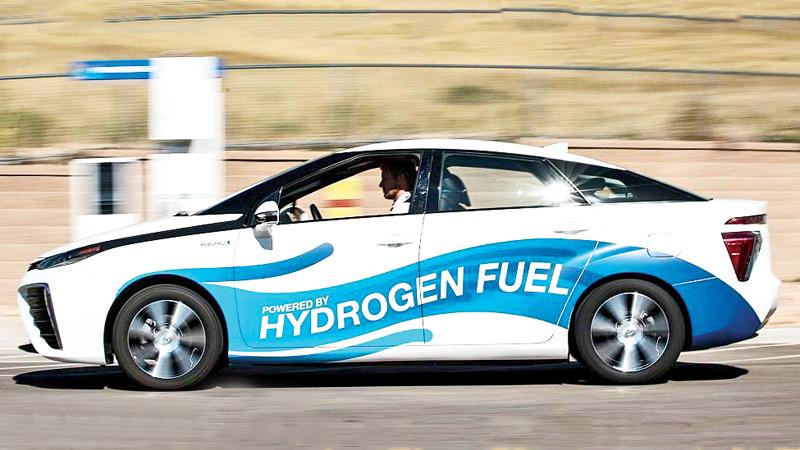
Imagine a world where there are virtually no emissions. We are not talking about foregoing benefits and wellbeing. We will still have energy, but it will come primarily from clean and renewable sources such as wind, solar and geothermal. We would use safer and smarter transport, yes, even driverless ones that can drastically cut down on the number of accidents as they communicate with other cars and signal lights/road signs.
All vehicles will be electric or hydrogen fuel cell powered (by 2030s, there will be a lot more electric cars on the roads) and people will use more public transport or e-bikes. Our diets may also change and there would be a lot less food waste and also much less Post Harvest Losses. New agricultural techniques will make it possible for crops to be grown without soil per se. Meat consumption would have gone down drastically, thanks to the availability of artificial meat and plant based meat alternatives. If the success of companies like Beyond Meat and Impossible is indication, there is a healthy future for a meat-free world. The livestock industry is literally killing the planet and any reduction in meat consumption would be welcome.
We are looking at a world where a change of behaviour is facilitated by new technologies. So, it’s less about the services or benefits people receive, and more about how those services are provided. We can all still enjoy a good quality of life, while ensuring the sustainable development of the world.
A zero carbon or even low carbon economy will be a great boon to individual countries and the world in general. This was in focus at the UN Climate Summit held recently in New York. Many countries are transitioning to a low-carbon, sustainable growth path because they see the many benefits. Cleaner air means improved health and psychological well-being. There are opportunities for job creation. The UN estimates that 65 million low-carbon jobs could be generated by 2030. The UN’s International Labour Organization says that 2.5 million jobs will be created in renewables-based electricity, offsetting some 400,000 jobs lost in fossil fuel-based electricity generation. And six million jobs can be created by transitioning towards what is known as a ‘circular economy’ which includes activities like recycling and repairing.
It is impressive that the New York summit motivated so many countries in a short period of time. There is progress and thus a reason to celebrate. The value is a political one as a significant number of countries are demonstrating leadership. From a technological standpoint it’s also important to show that moving towards zero net-CO2 is possible, that viable solutions are available. High-emitting cities and regions from the largest countries also joined the call for Net Zero. They include cities in China and the state of California in the US which have put forward ambitious carbon-neutral goals.
A change to the way we produce and consume energy is essential – we must get away from fossil fuels as fast as we can. Most countries including Sri Lanka have decided on 2040 (just 20 years away) as the cutoff date for registering brand new fossil fuel vehicles. However, by that time most of the cars on the road will be electric. Initiatives that come to mind include those that eliminate coal in energy generation and increase renewables, that increase the efficiency of energy use, that emphasize public transport, that reduce deforestation to zero and change our bad energy habits – for example, if you still use incandescent bulbs, it is time to switch over to LED bulbs.
We also have to change the way we manage our lands, including to produce our food. Arable lands are not increasing, and we have to use modern techniques to increase harvests. It is important to develop policies alongside new technologies in order to reduce CO2 emissions. Several countries at the summit, for example, Chile, Germany, Italy and New Zealand pledged to abandon coal. Other countries, like Guatemala, pledged to restore 1.5 million hectares of forestland by 2022 and Nigeria said it would employ youth to plant 25 million trees. In Sri Lanka too, there is an islandwide tree planting drive championed by President Maithripala Sirisena himself with the aim of increasing the forest cover. Every Sri Lankan must participate in this effort - if you want to plant a forest you begin with one tree.
What if we don’t act ? We will surely have a global catastrophe within 50 years. A fundamental change is required in which every single person of the 7 billion plus souls across the world is on board. The international community must be mobilized in this effort. That is the only way to save Planet Earth from becoming virtually uninhabitable by around 2150.
